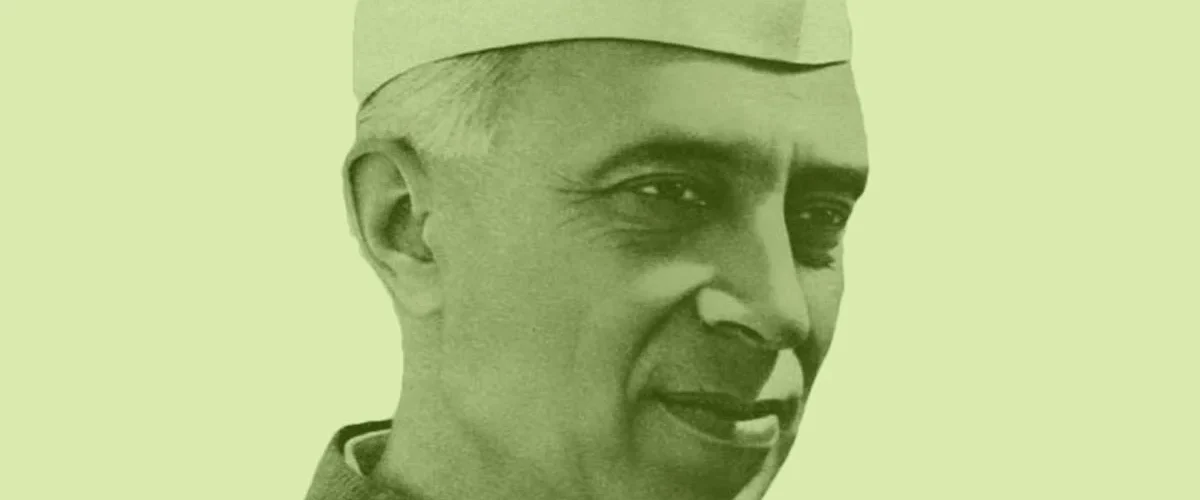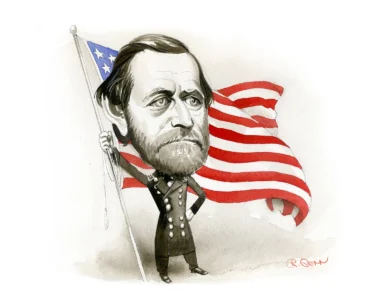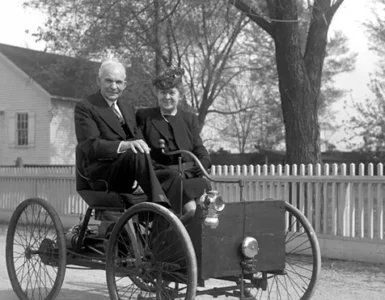Jawaharlal Nehru was a central figure in Indian politics both before and after the country achieved independence from British rule. He was the first Prime Minister of India and a leading figure in the Indian National Congress, working closely with Mahatma Gandhi during the struggle for independence. Nehru’s influence on India’s development as a secular, democratic, and modern nation is immense, and his legacy continues to shape Indian society and politics to this day. This article explores Nehru’s life, his role in India’s freedom struggle, his vision for the nation, and his enduring impact on the country.
Early Life and Education
Jawaharlal Nehru was born on November 14, 1889, in Allahabad (now Prayagraj), in what was then British India. He was born into a prominent family; his father, Motilal Nehru, was a wealthy lawyer and an active figure in the Indian independence movement, and his mother, Swarup Rani Nehru, came from a Kashmiri Brahmin family. Being raised in a privileged household, Nehru received a high-quality education and was exposed to progressive ideas from an early age.
Nehru was sent to England at the age of 15, where he attended the prestigious Harrow School and then pursued higher studies at Trinity College, Cambridge. After completing his degree, he went to the Inns of Court School of Law in London, becoming a barrister. His time in England greatly influenced his worldview, instilling in him ideas of democracy, socialism, and nationalism, which would later guide his politics.
Nehru returned to India in 1912 as a young lawyer, ready to begin his practice. However, the nationalist movements brewing in the country captured his attention, leading him to join the Indian National Congress, which would be the beginning of his long political career.
Joining the Freedom Struggle and Rise in the Indian National Congress
In the early 20th century, the Indian independence movement was gaining momentum against British rule. Nehru joined the struggle, inspired by leaders like Mahatma Gandhi. When Gandhi launched the Non-Cooperation Movement in 1920, Nehru became one of his most trusted lieutenants. He adopted Gandhi’s methods of Satyagraha (non-violent resistance) and played a key role in mobilizing Indians across the country to fight for independence.
Nehru quickly rose through the ranks of the Congress, partly because of his intelligence, charisma, and dedication to the cause, but also because of his vision for India’s future. He was deeply influenced by socialist ideals and was passionate about creating a modern, secular, and socially equitable India. In 1929, he was elected as the President of the Indian National Congress, making him one of the youngest leaders to hold the position. Under his presidency, the Congress declared “Purna Swaraj” or complete independence from British rule as its objective.
Nehru’s leadership was marked by his commitment to unity among India’s diverse communities. He was committed to secularism and social reform, striving for an India where all citizens were treated equally, regardless of religion, caste, or gender.
The Struggle for Independence and Imprisonments
During the fight for India’s independence, Nehru was arrested multiple times for his active participation in civil disobedience campaigns against British rule. Over the years, he spent a total of nearly a decade in prison. These imprisonments were times of reflection and writing for Nehru, and it was during these years that he penned some of his most significant works, including “The Discovery of India”, where he detailed his thoughts on Indian culture, history, and the vision he held for the country’s future.
Nehru’s collaboration with Gandhi was significant, though they had their differences. While Gandhi was more rooted in spiritual principles and traditional Indian values, Nehru was a modernist who believed in science, industrialization, and socialism. Despite these differences, their mutual respect and shared vision for India’s independence kept them working together closely.
Independence and Becoming India’s First Prime Minister
After years of struggle and sacrifice, India finally gained independence from British rule on August 15, 1947. However, independence came at a high cost, as the country was divided into two nations: India and Pakistan, based on religious lines. This partition led to widespread violence, riots, and the displacement of millions of people, particularly between Hindus, Sikhs, and Muslims.
Jawaharlal Nehru was appointed the first Prime Minister of independent India, a position he held from 1947 until his death in 1964. As Prime Minister, Nehru faced the daunting challenge of leading a new and diverse nation through its early years of independence. His vision was to build a united, secular, and modern India that could stand proudly on the global stage.
Nehru’s Vision and Policies as Prime Minister
Nehru’s tenure as Prime Minister was marked by several landmark policies and initiatives that shaped the direction of the newly independent nation:
- Secularism and Unity: Nehru believed in creating a secular India where religion would not interfere with governance. He promoted religious tolerance, aiming to unify the country’s diverse population. This policy of secularism was written into the Indian Constitution, which sought to ensure that all citizens, regardless of their faith, were equal under the law.
- Economic Development and Planning: Nehru was a proponent of socialist policies and believed that the state should play a central role in the economy. He laid the foundation for India’s Five-Year Plans, inspired by the Soviet model, which aimed to promote industrialization, self-reliance, and economic growth. Nehru focused on building large public-sector industries, such as steel plants, power stations, and infrastructure projects, which he saw as “temples of modern India.”
- Education and Scientific Advancement: Nehru was deeply committed to the development of education and science. He established institutions like the Indian Institutes of Technology (IITs), which have since become world-renowned engineering and technology schools. His emphasis on scientific progress and education aimed to create an enlightened and technologically advanced society.
- Non-Alignment and Foreign Policy: Nehru was one of the founders of the Non-Aligned Movement (NAM), which sought to keep newly independent countries like India out of the Cold War conflict between the United States and the Soviet Union. Nehru’s vision was to maintain India’s sovereignty in foreign policy and promote peaceful coexistence and cooperation among nations.
- Social Reforms: Nehru was a progressive leader who worked to eliminate practices like the caste system and untouchability. He also sought to improve the status of women in society by promoting equal rights and supporting laws that raised the legal marriage age, abolished child marriage, and enabled women to inherit property.
Challenges and Controversies
While Nehru’s leadership was marked by many achievements, it was not without challenges and controversies. One of the most significant was the Kashmir conflict, a territorial dispute between India and Pakistan that began soon after independence and continues to this day. Nehru’s decision to take the matter to the United Nations and his handling of the issue have been criticized by some as indecisive.
Another major event was the Sino-Indian War in 1962. Nehru believed in peaceful coexistence with China, summarized in the slogan “Hindi-Chini Bhai-Bhai” (“Indians and Chinese are brothers”). However, this policy was shattered when China launched a surprise attack over disputed borders in the Himalayan region, leading to a humiliating defeat for India. This war was a significant blow to Nehru’s vision of regional peace and non-alignment and exposed the shortcomings of India’s military preparedness.
Legacy and Death
Nehru passed away on May 27, 1964, after suffering a stroke. His death marked the end of an era in Indian politics, and the nation mourned the loss of a leader who had guided it through its most formative years. Nehru’s contributions to the building of modern India remain his most enduring legacy. He is remembered for his democratic ideals, dedication to secularism, and commitment to social and economic development.
Nehru’s birthday, November 14th, is celebrated as Children’s Day (Bal Diwas) in India, a reflection of his love for children, who affectionately called him “Chacha Nehru” (Uncle Nehru). He believed that children were the future of the nation and needed to be nurtured and educated to build a better India.
Conclusion
Jawaharlal Nehru’s life and work are intricately tied to the history of modern India. As the country’s first Prime Minister, he played a pivotal role in shaping the democratic, secular, and socialist foundations of the nation. His efforts to promote industrialization, education, scientific progress, and social reform have had a lasting impact on India’s development and growth.
While Nehru’s policies and decisions have faced criticism and debate, his vision for a united, modern, and self-reliant India laid the groundwork for the country’s future. His legacy is one of hope, resilience, and commitment to the principles of democracy, secularism, and social justice—values that continue to influence India’s progress and identity today.





Add comment